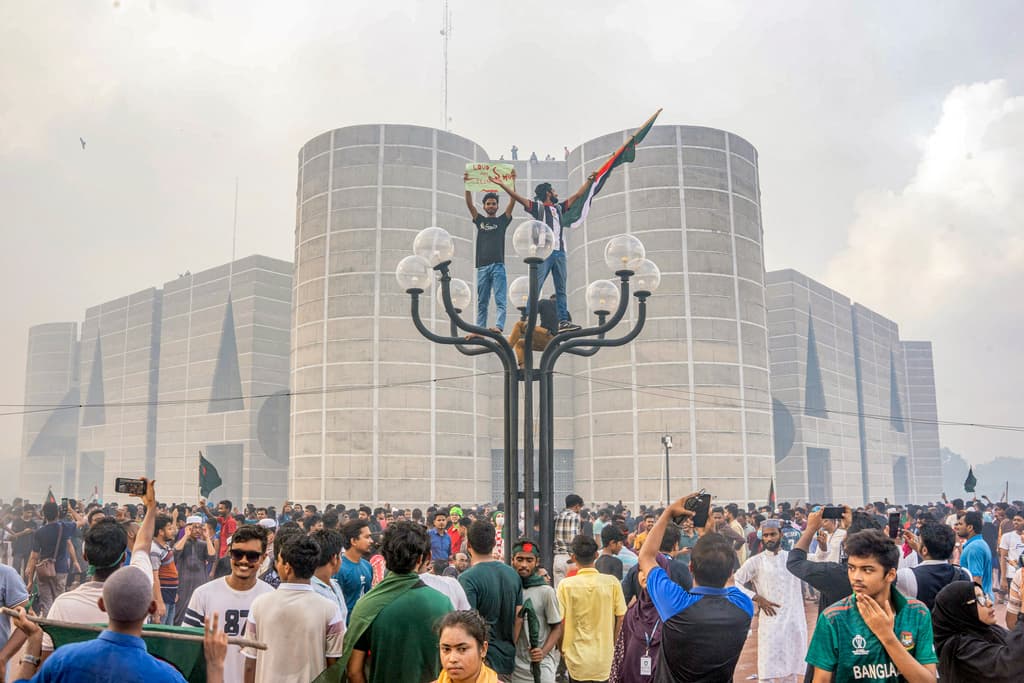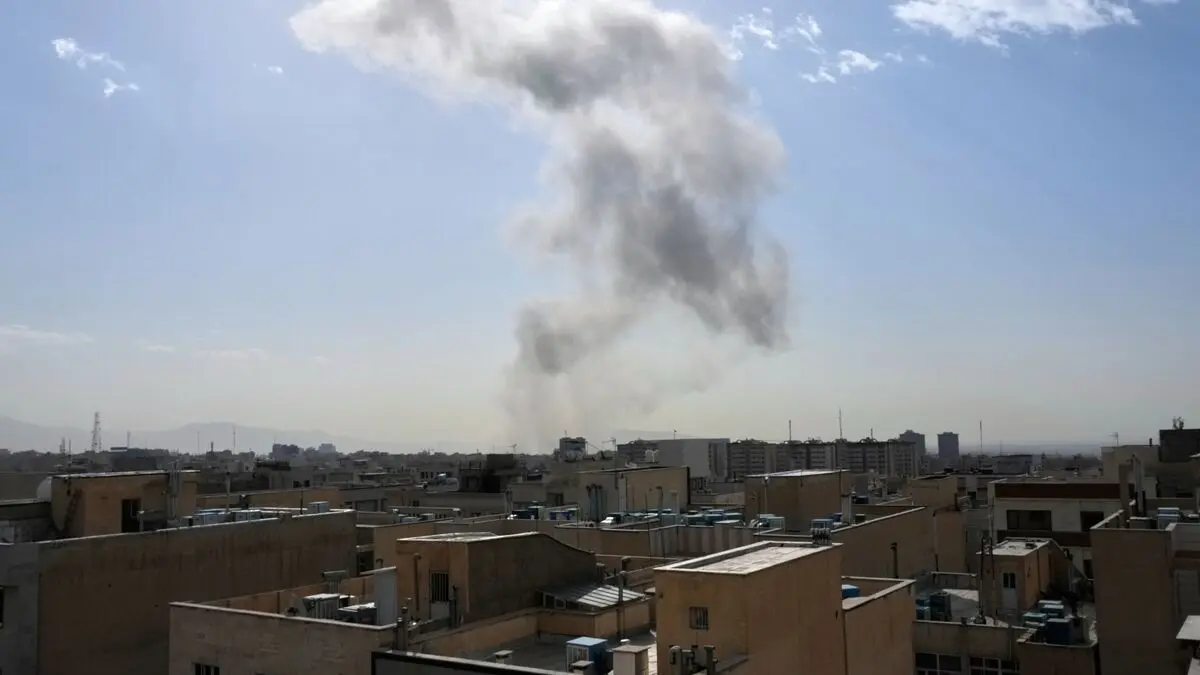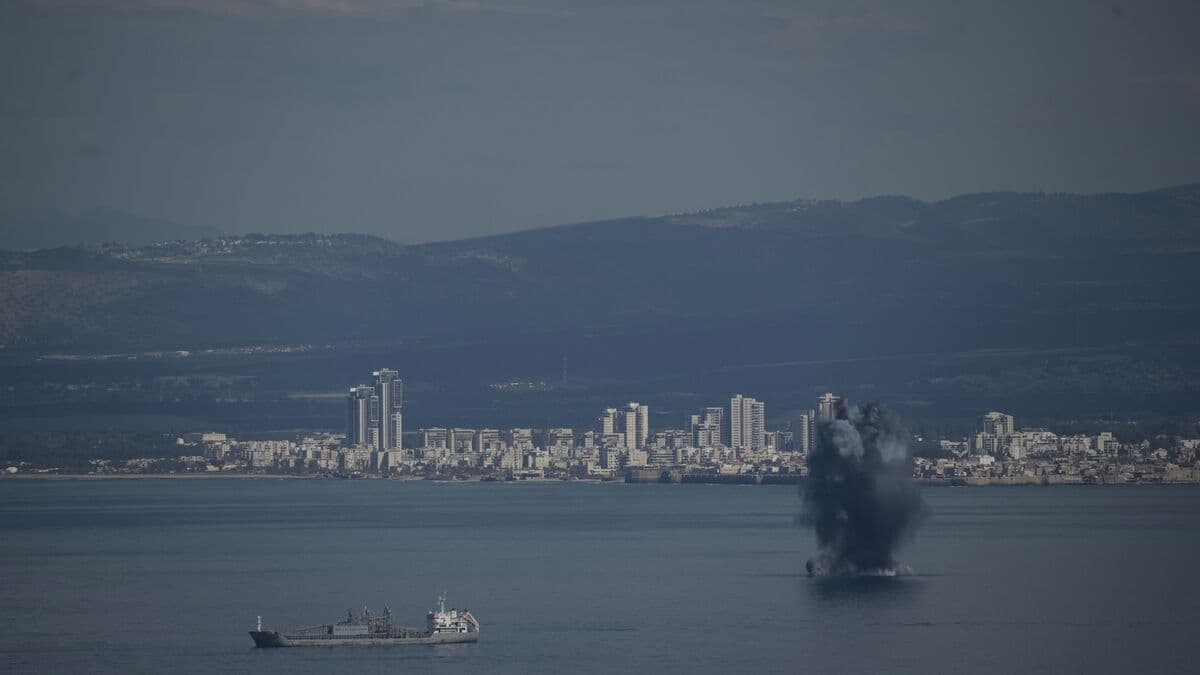We have decided that a transitional government should be formed and led by the well-known Nobel laureate Muhammad Yunus, says the leader of the group in a recorded video.
And Yunus does not decline.
"If efforts are required in Bangladesh, for my country and for my people's courage, then I will assist", he says to AFP in a statement that also calls for "free elections".
Shortly after the news reached the world that Prime Minister Sheikh Hasina had left the country in a helicopter and announced her resignation, the country's army chief Waker-Uz-Zaman appeared. In a TV broadcast, he said he would take over the government of Bangladesh with a military-led transitional government, which the students do not want, reports BBC.
Has been liberated
The country has suffered, the economy has been hit, many have been killed – it's time to stop the violence, said Waker-Uz-Zaman shortly after demonstrators stormed the prime minister's residence on Monday.
The country's president has dissolved parliament and news agency AFP reports that the military is now in control of the country. After the military chief's statement, millions of Bangladeshis poured onto the streets of Dhaka.
I am so happy that our country has been liberated, said Sazid Ahnaf to AFP.
Opposition leader released
Opposition leader and former Prime Minister Khaleda Zia has been released from house arrest after Hasina's resignation.
The largest police union in Bangladesh announced on Tuesday that they will go on strike until the safety of all members is guaranteed.
The country's textile factories will remain closed on Tuesday, according to a representative of the textile industry, reports Reuters. On Sunday, four factories were set on fire.
Hundreds dead
The bloody protests in Bangladesh have been going on for several weeks. Over 400 people have lost their lives and hundreds have been injured. As many as 109 people were killed on Monday alone.
The protests have been about the country's system of quotas for government jobs, which favors groups allied with Hasina. The protests are also seen as being about corruption and lack of democracy.
The authorities have tried to quell the unrest by, among other things, imposing curfews.
During Hasina's 15 years in power, Bangladesh's economy has experienced an upswing, but the country has also taken a more authoritarian direction.






